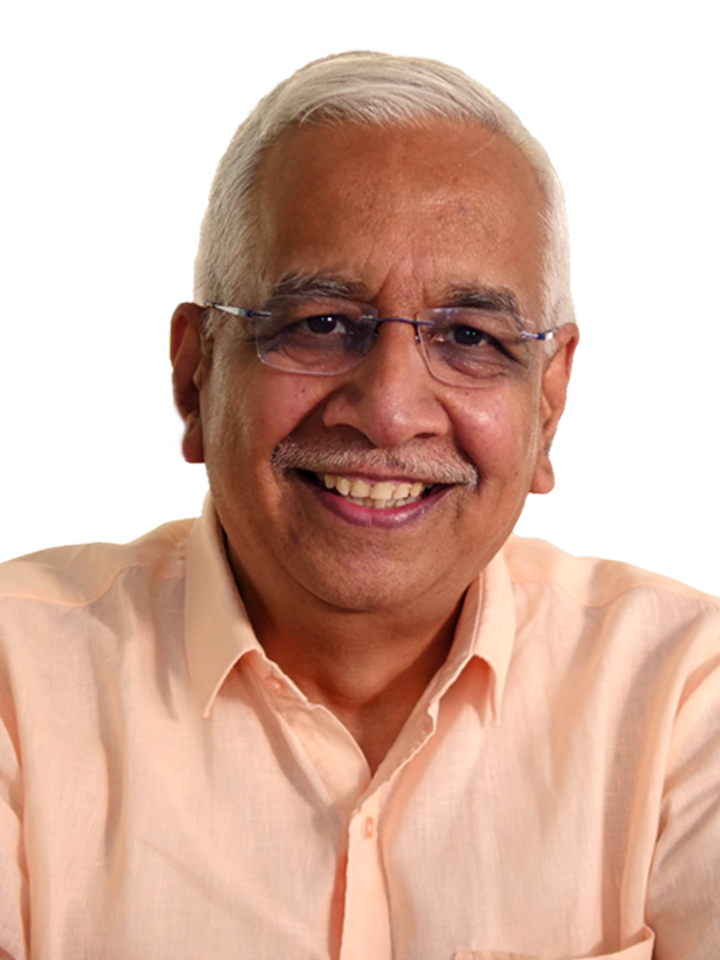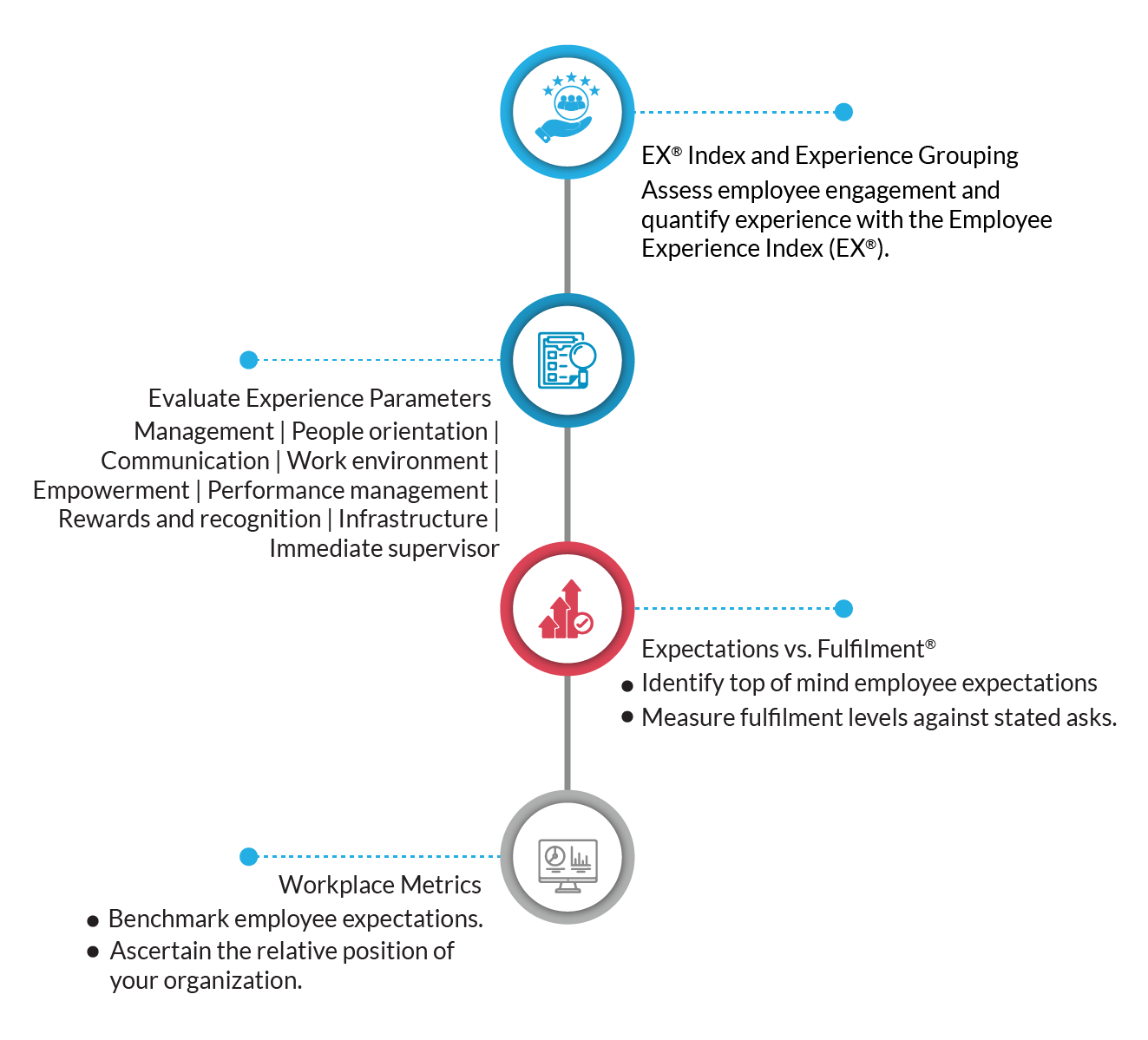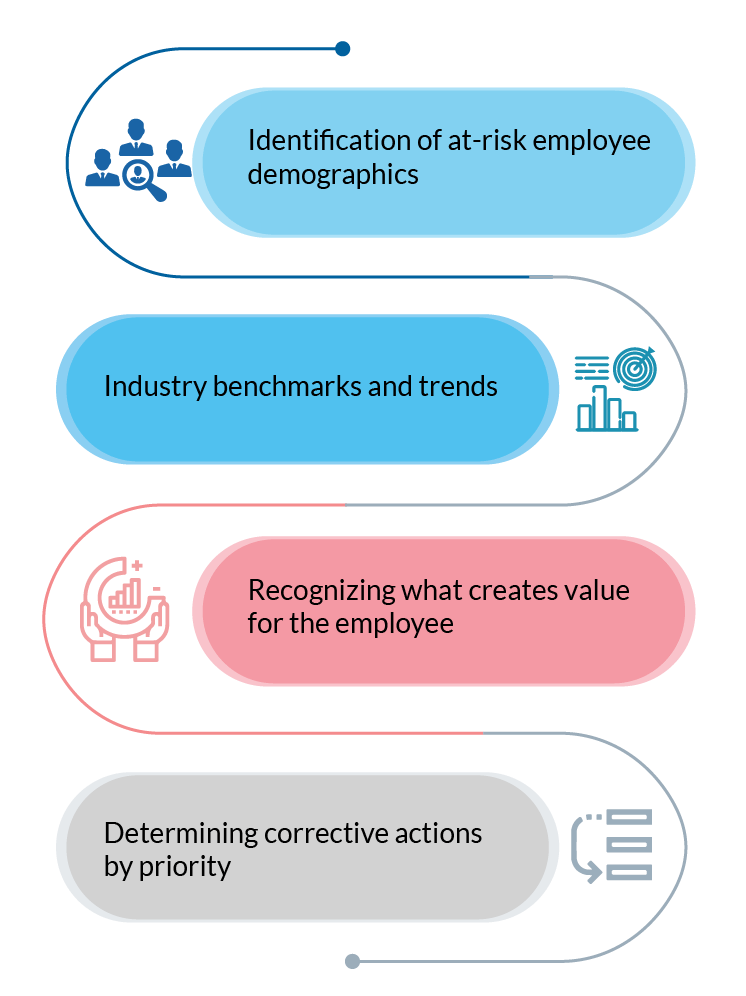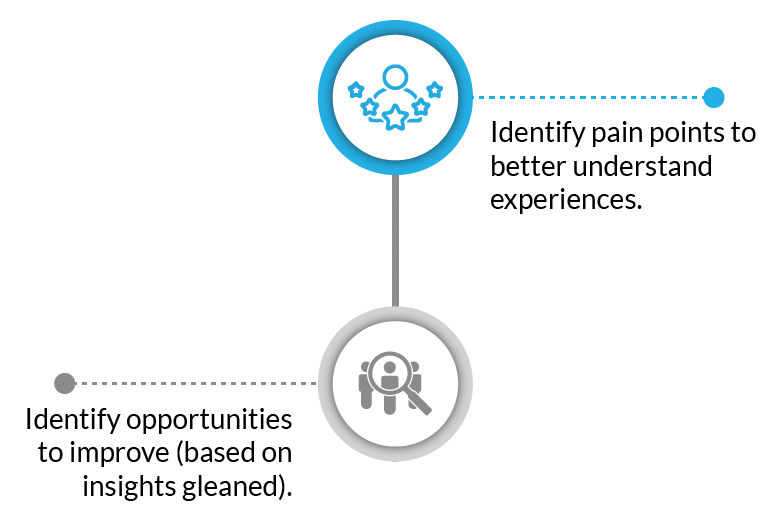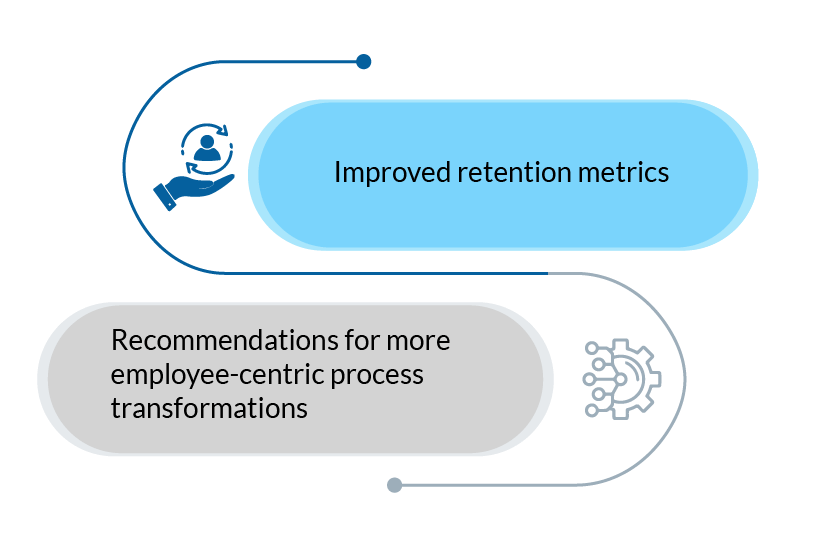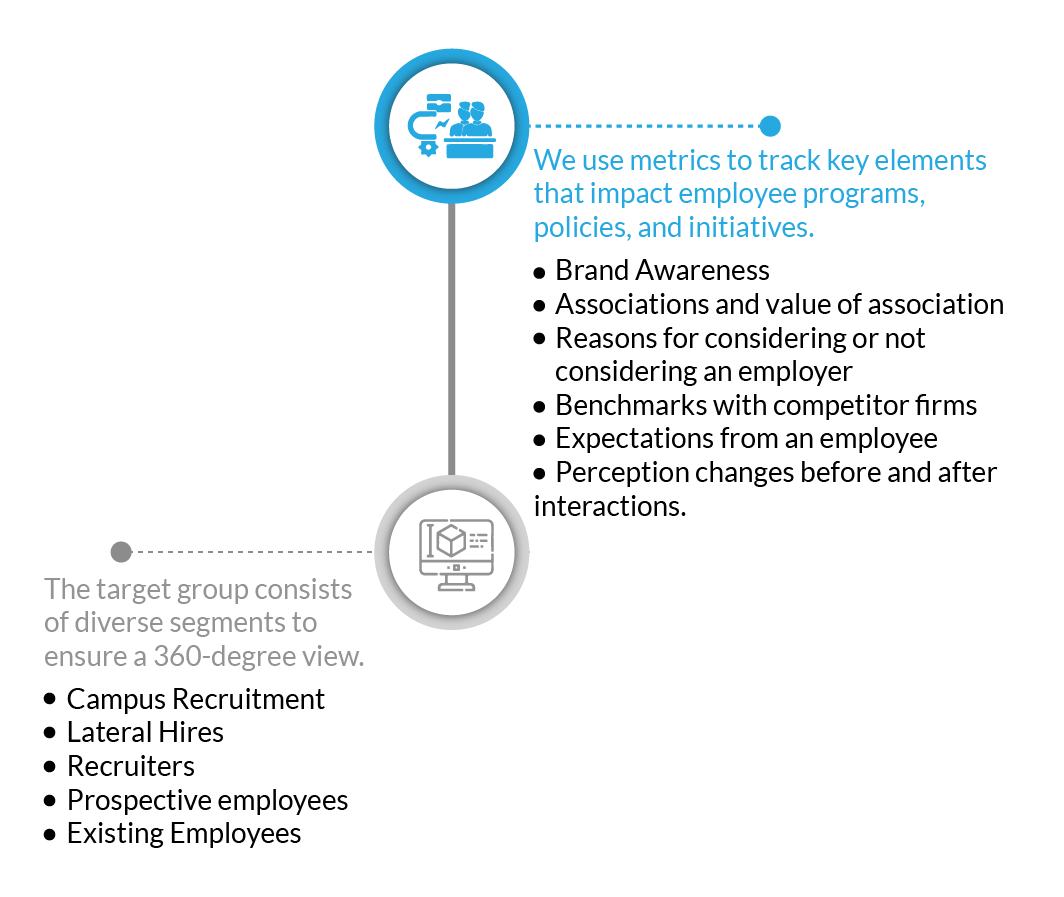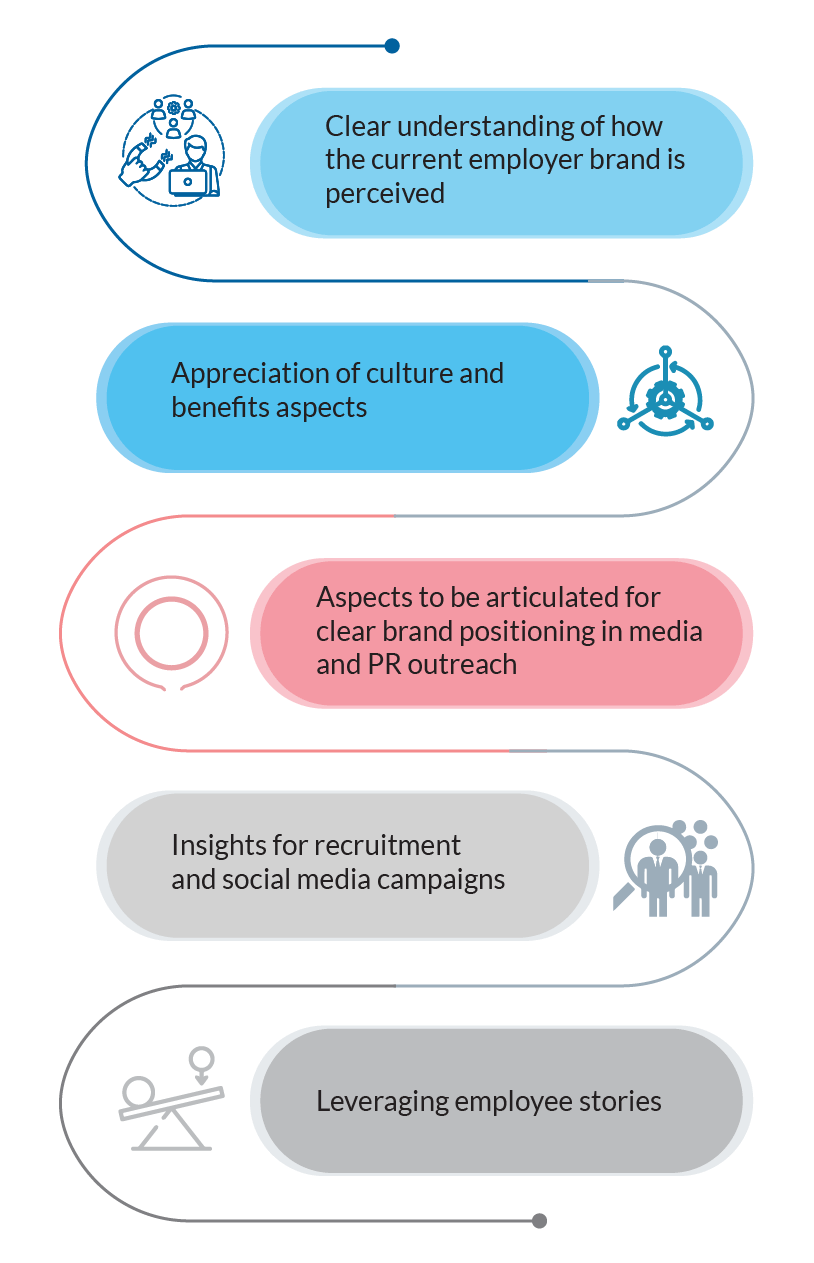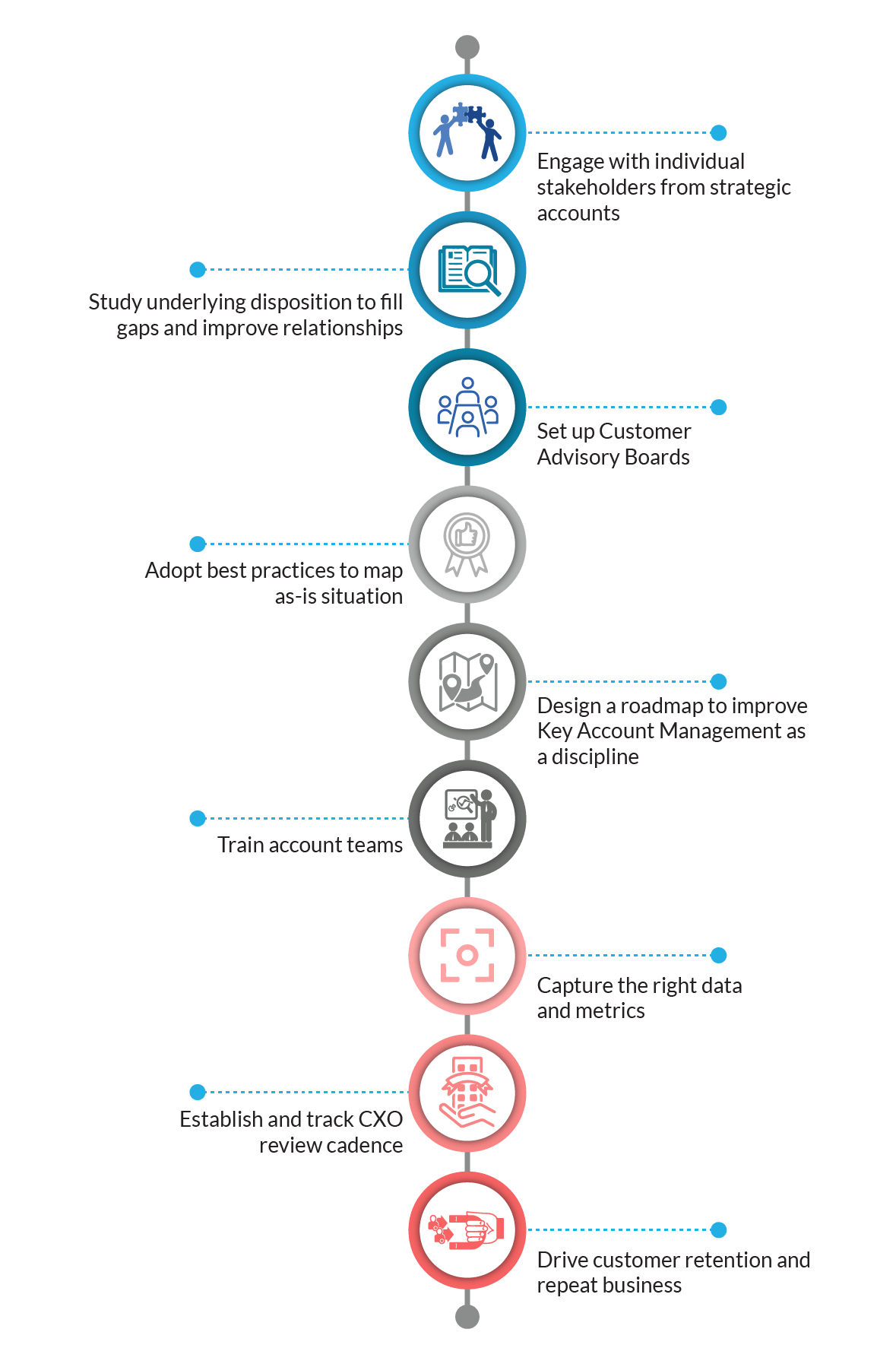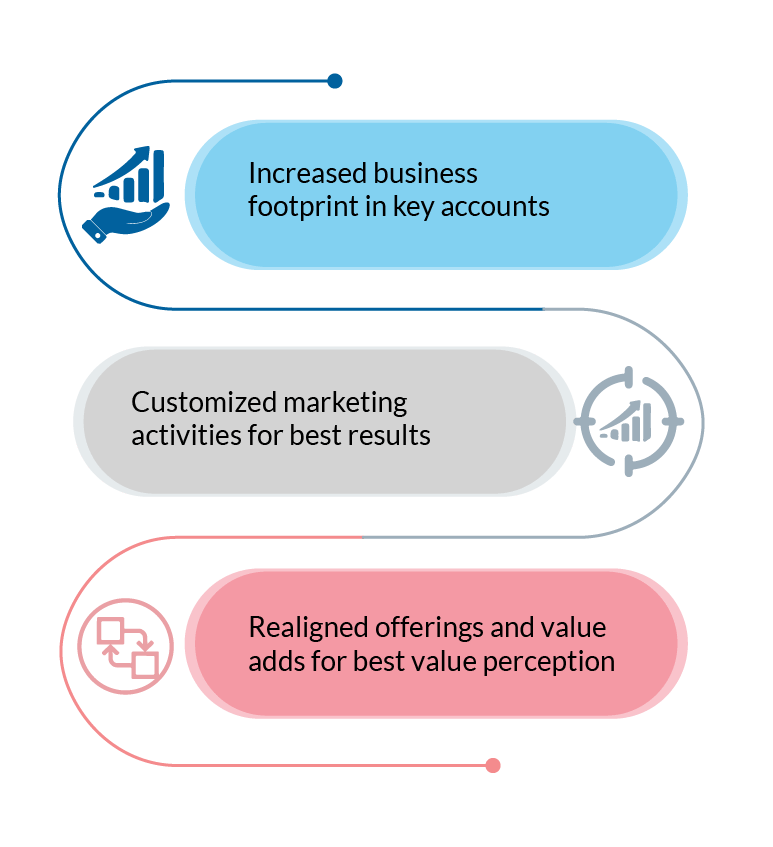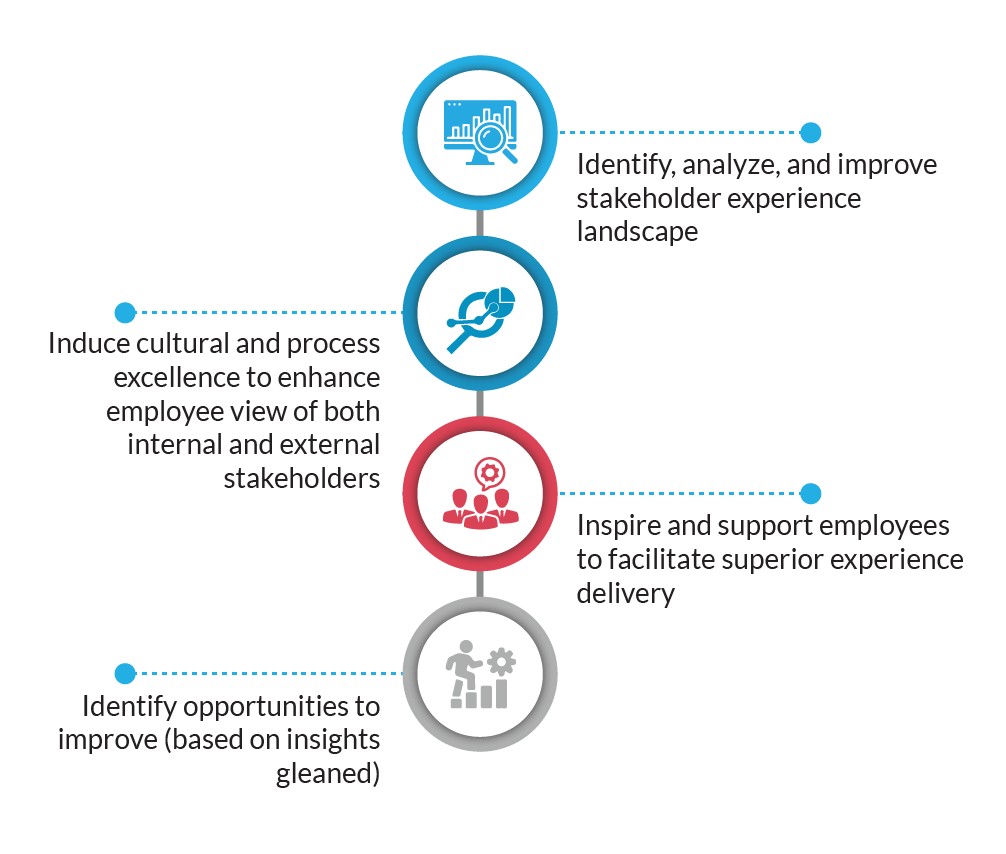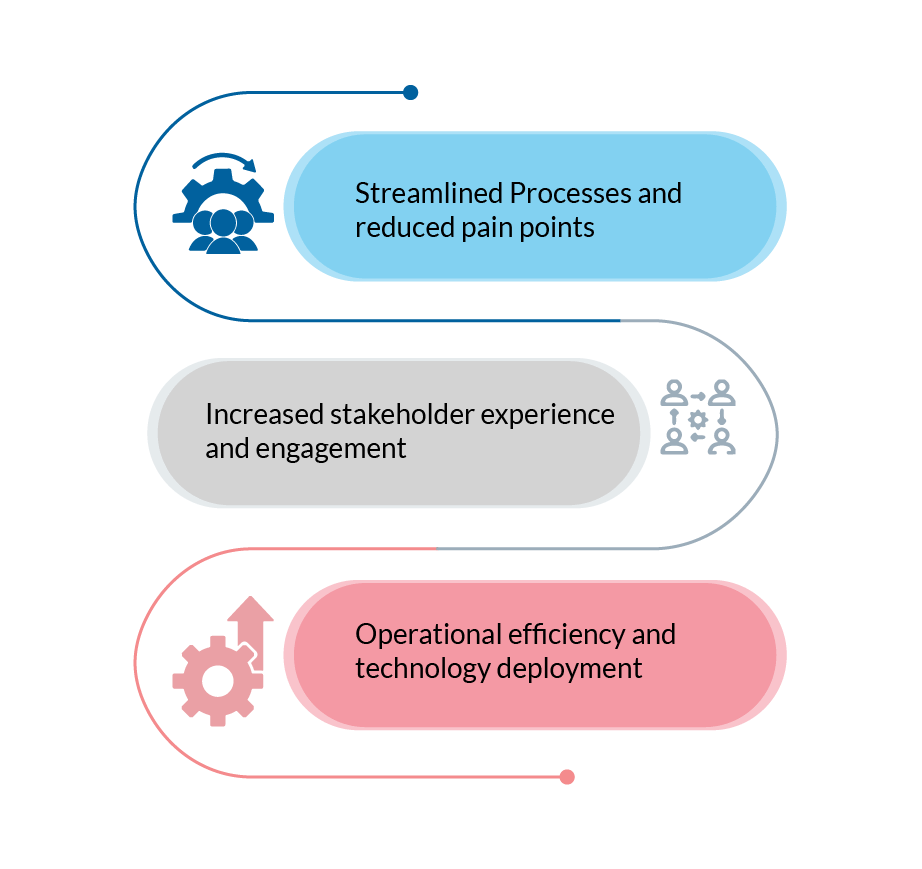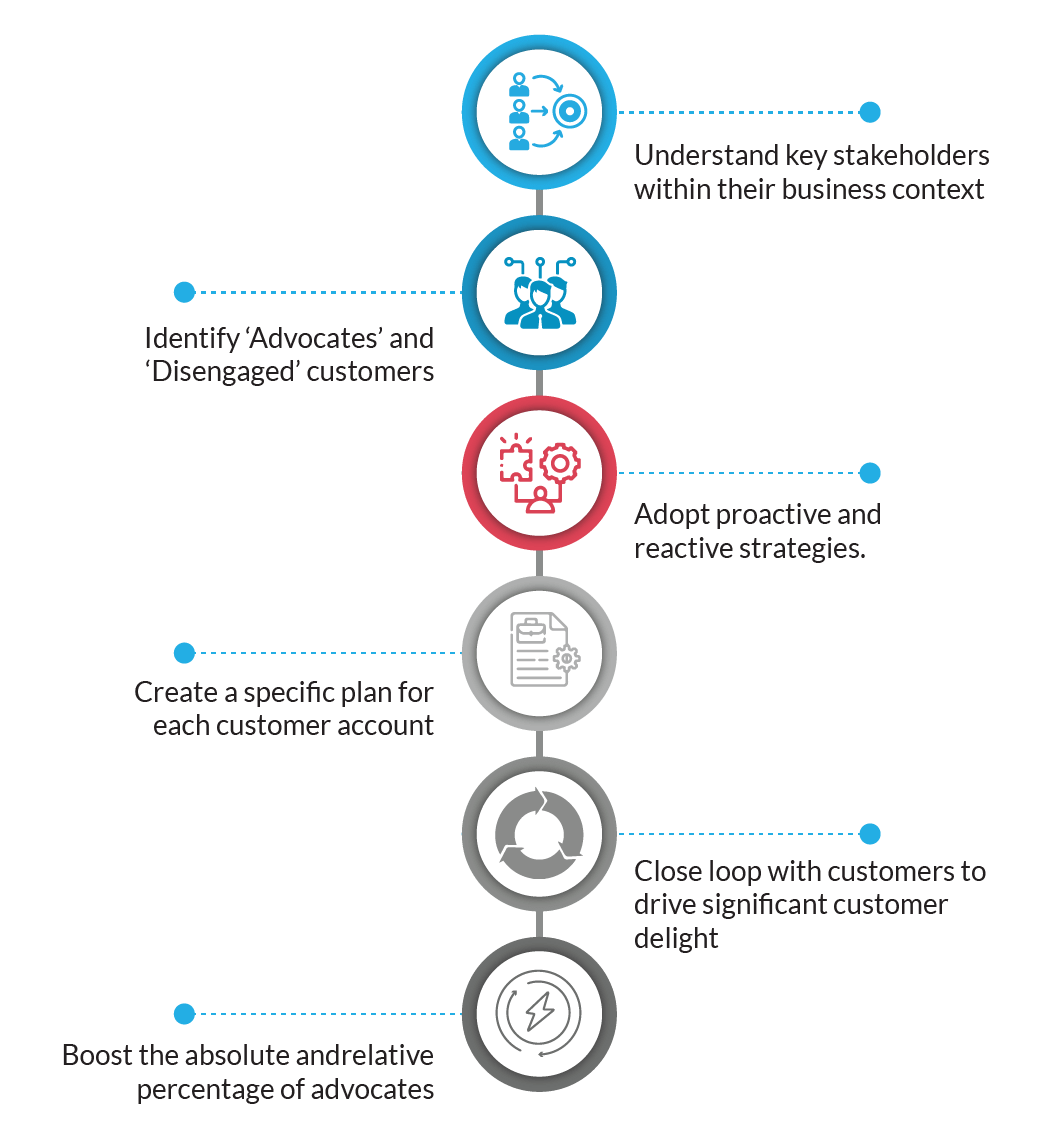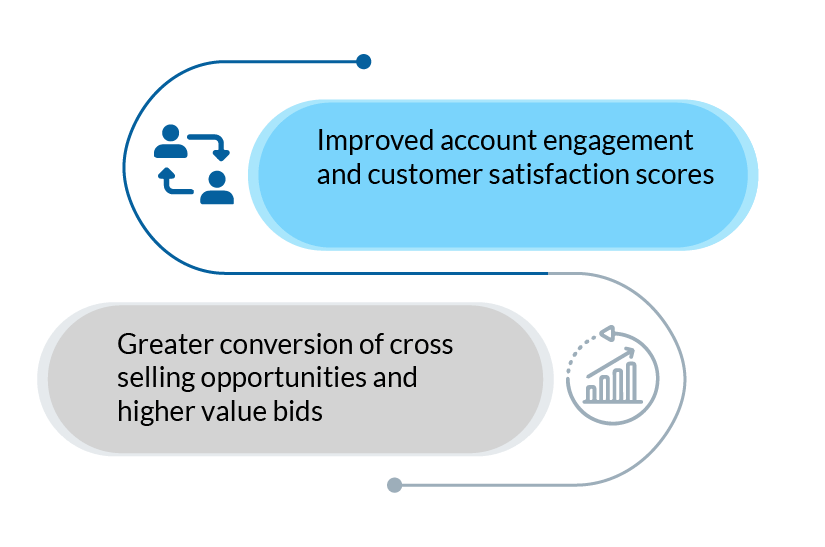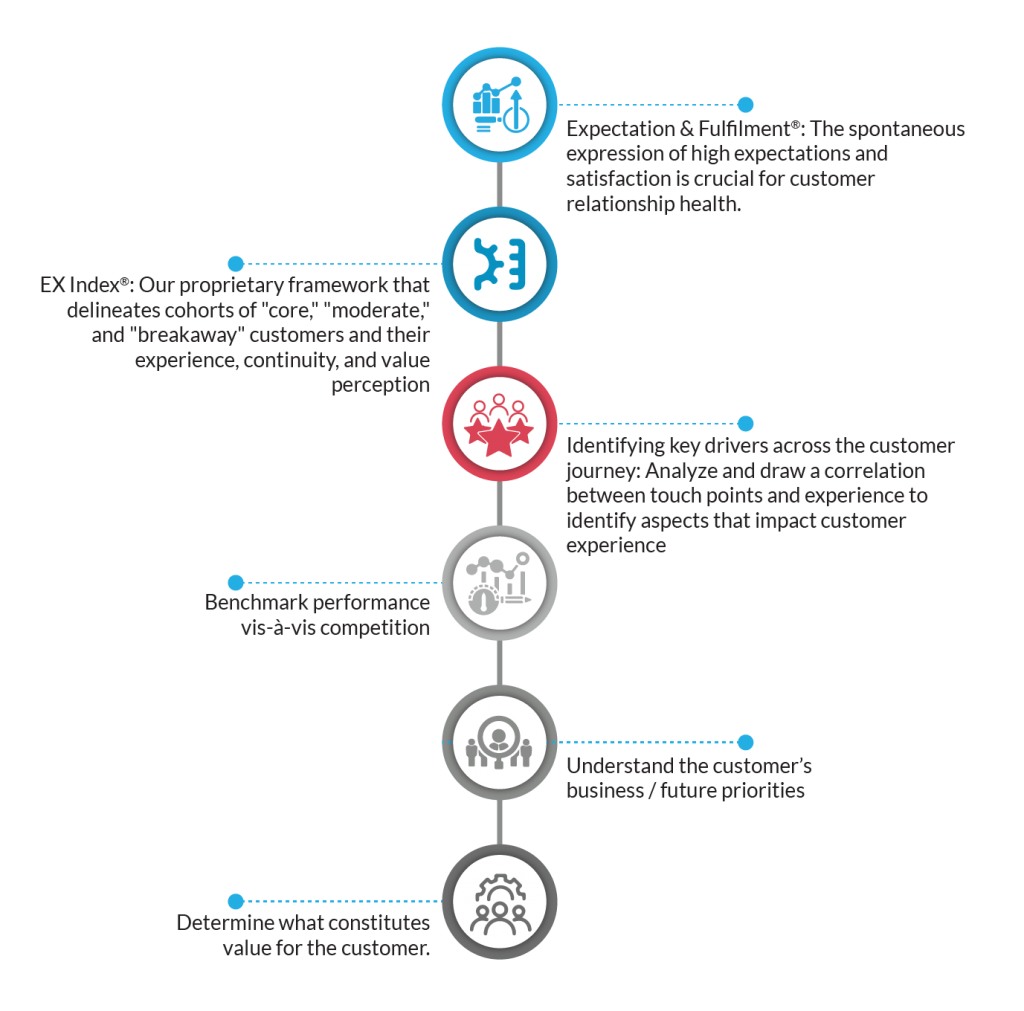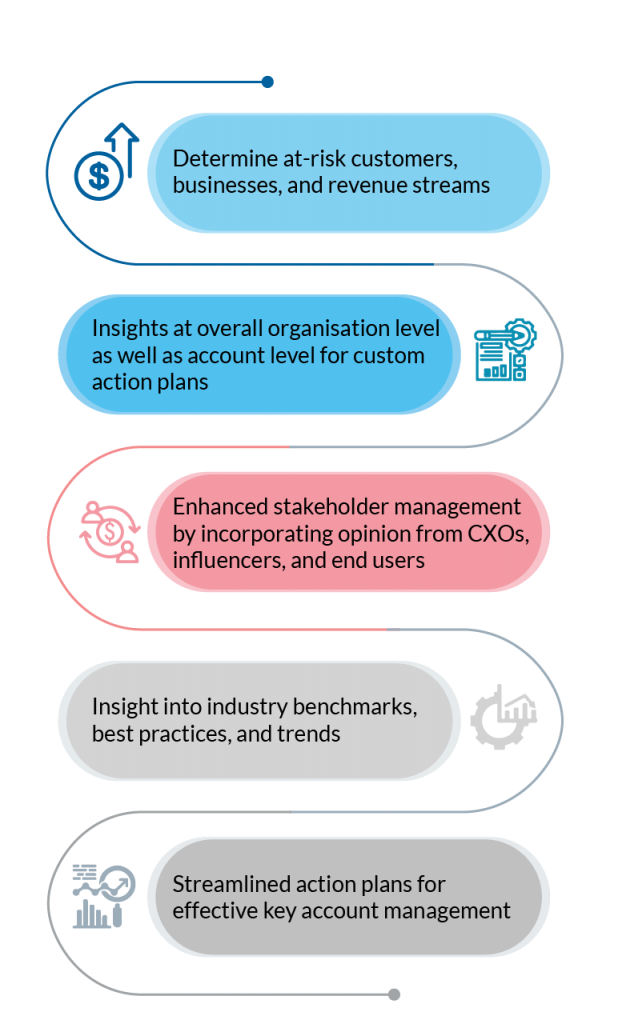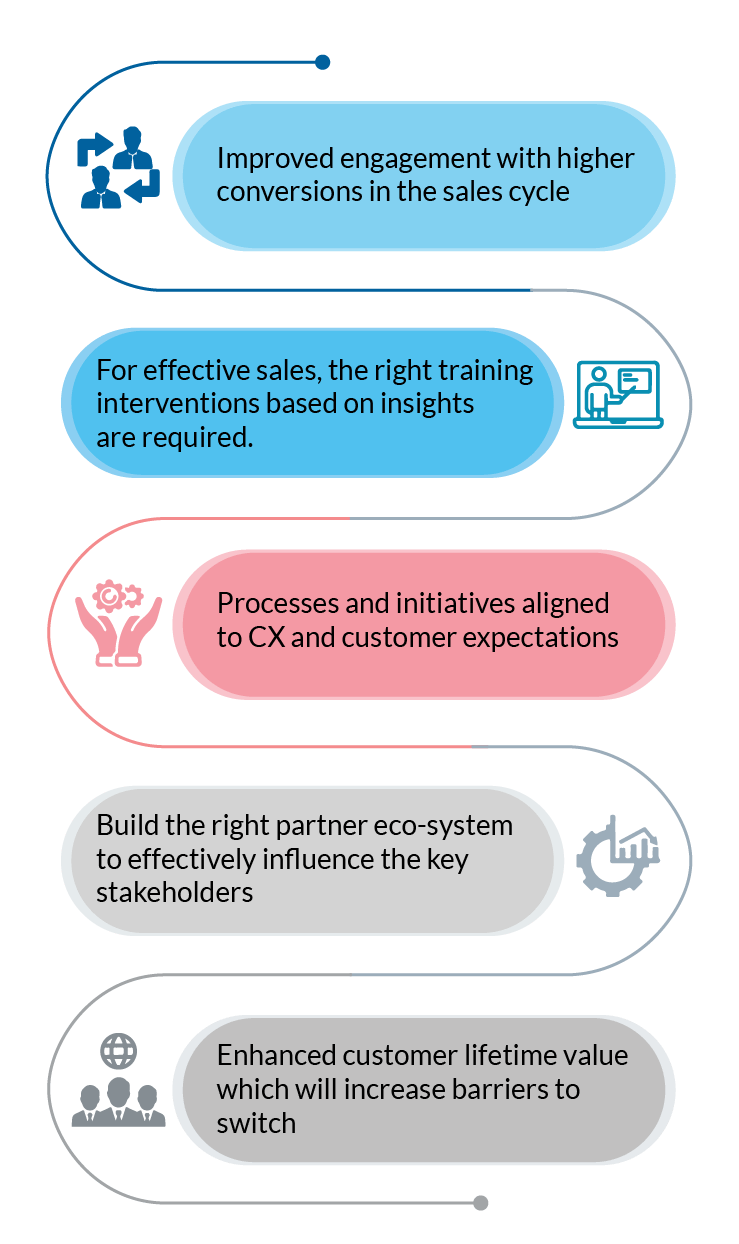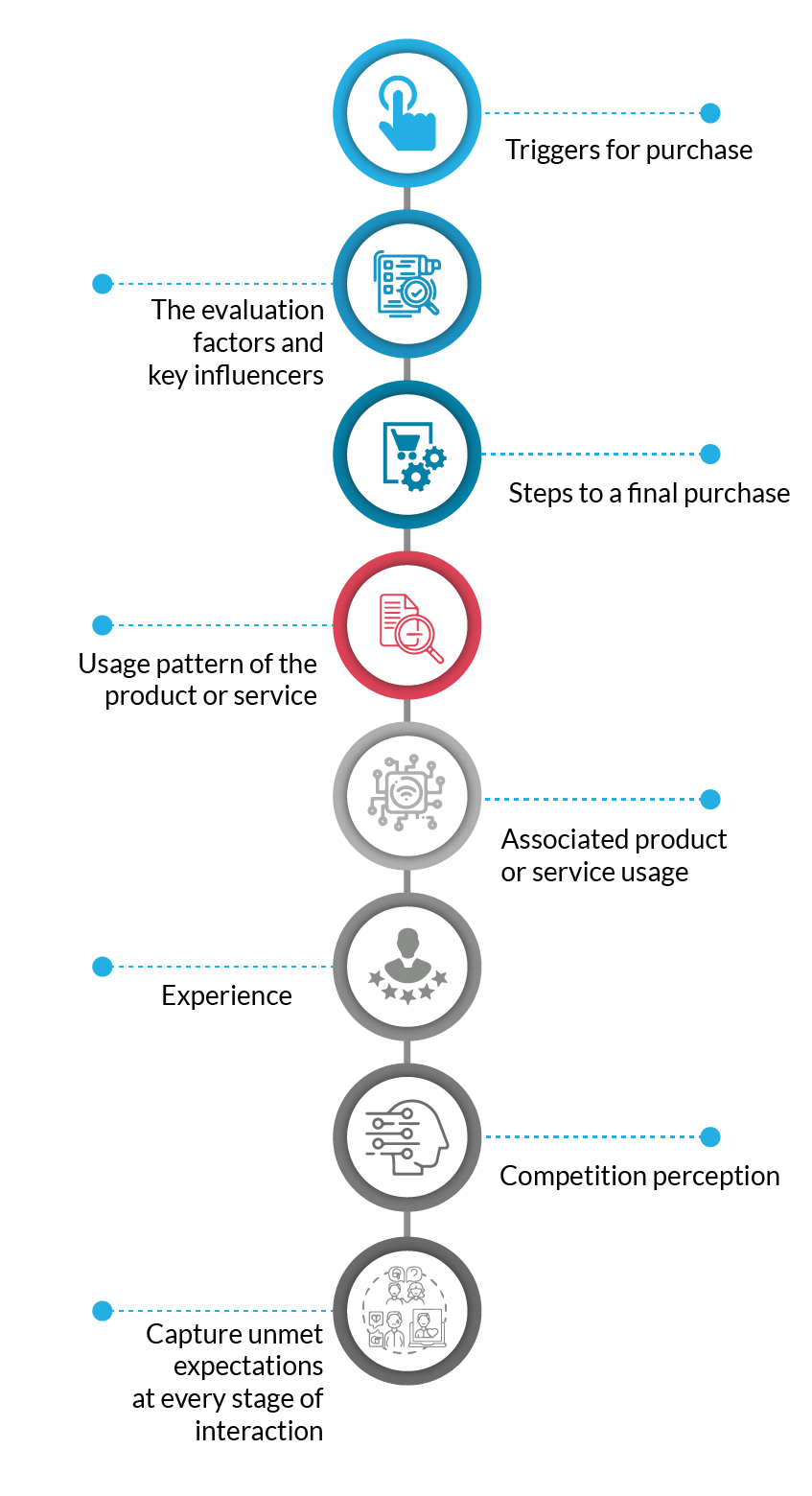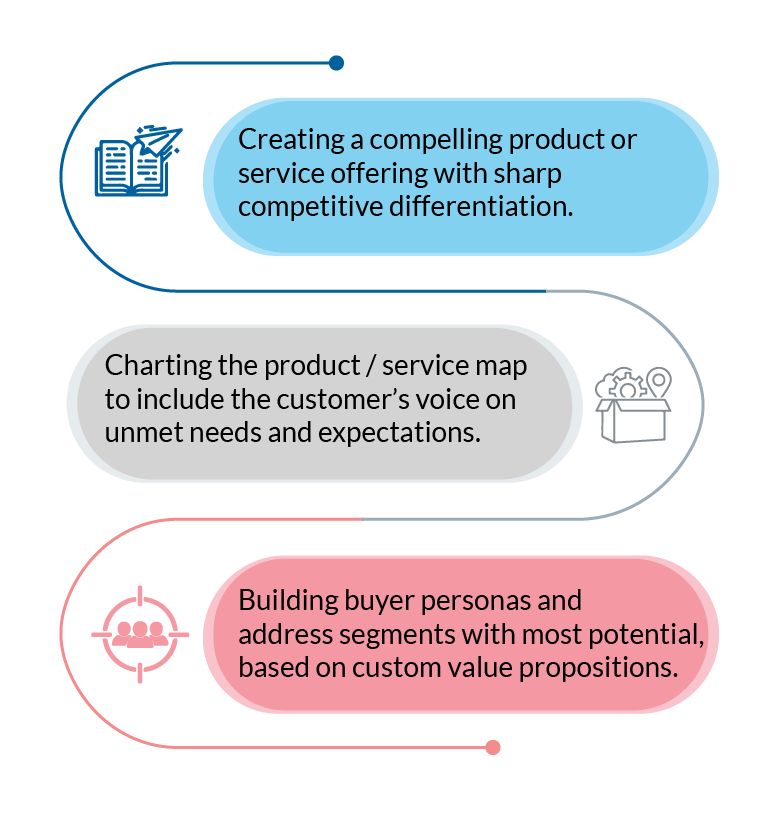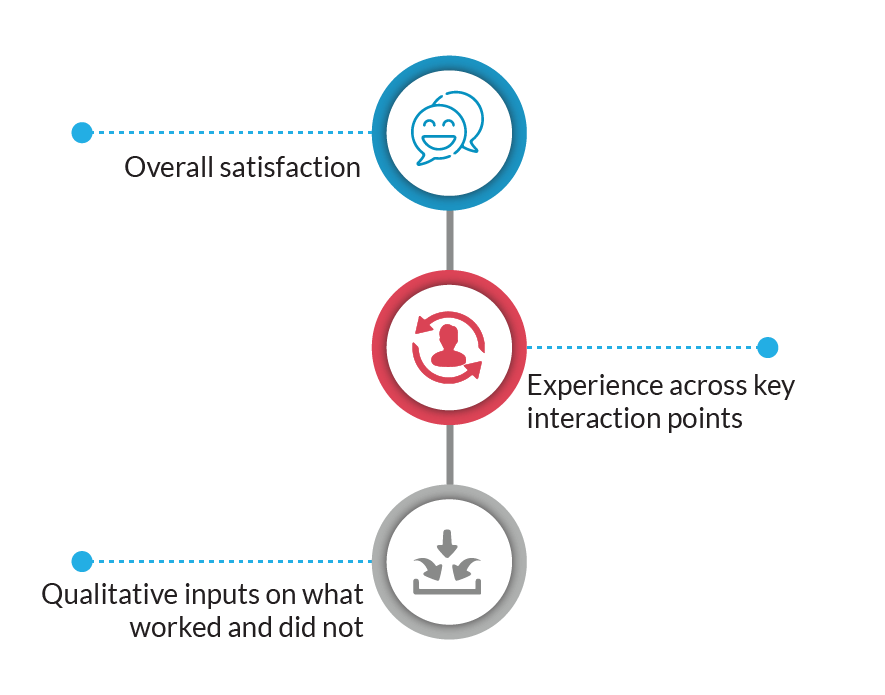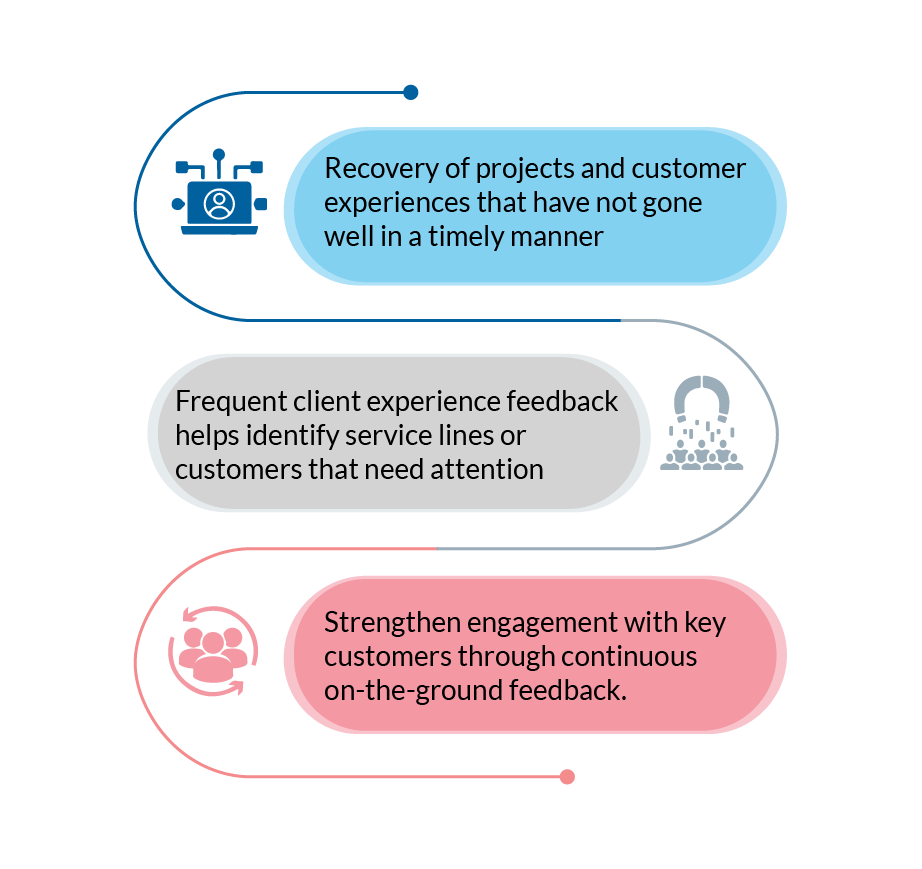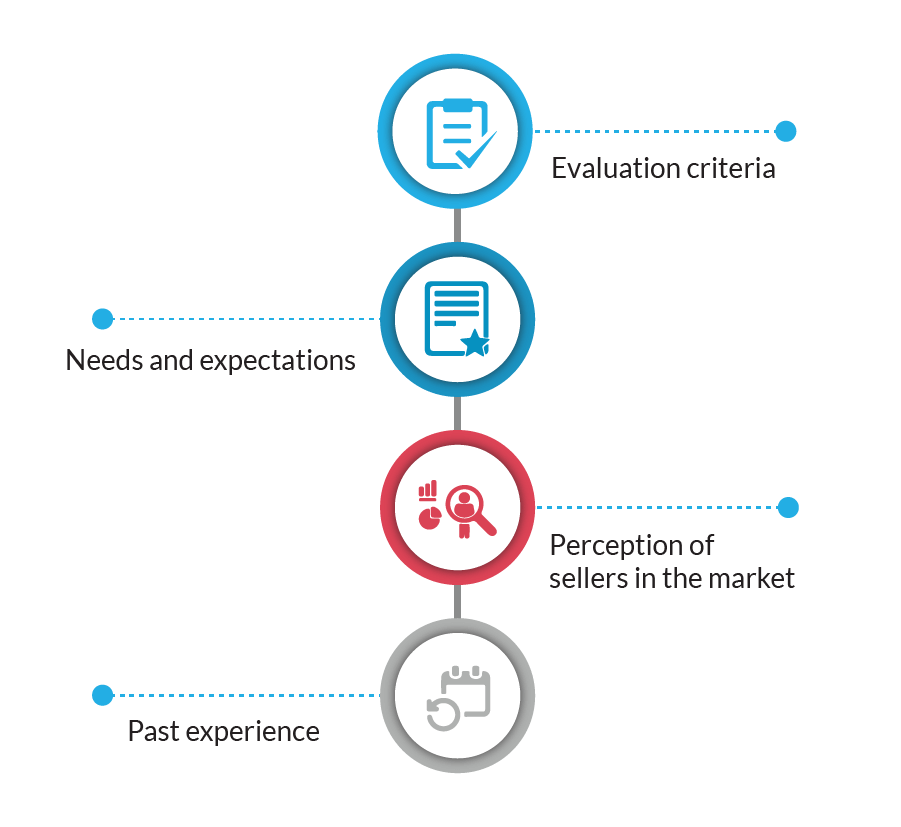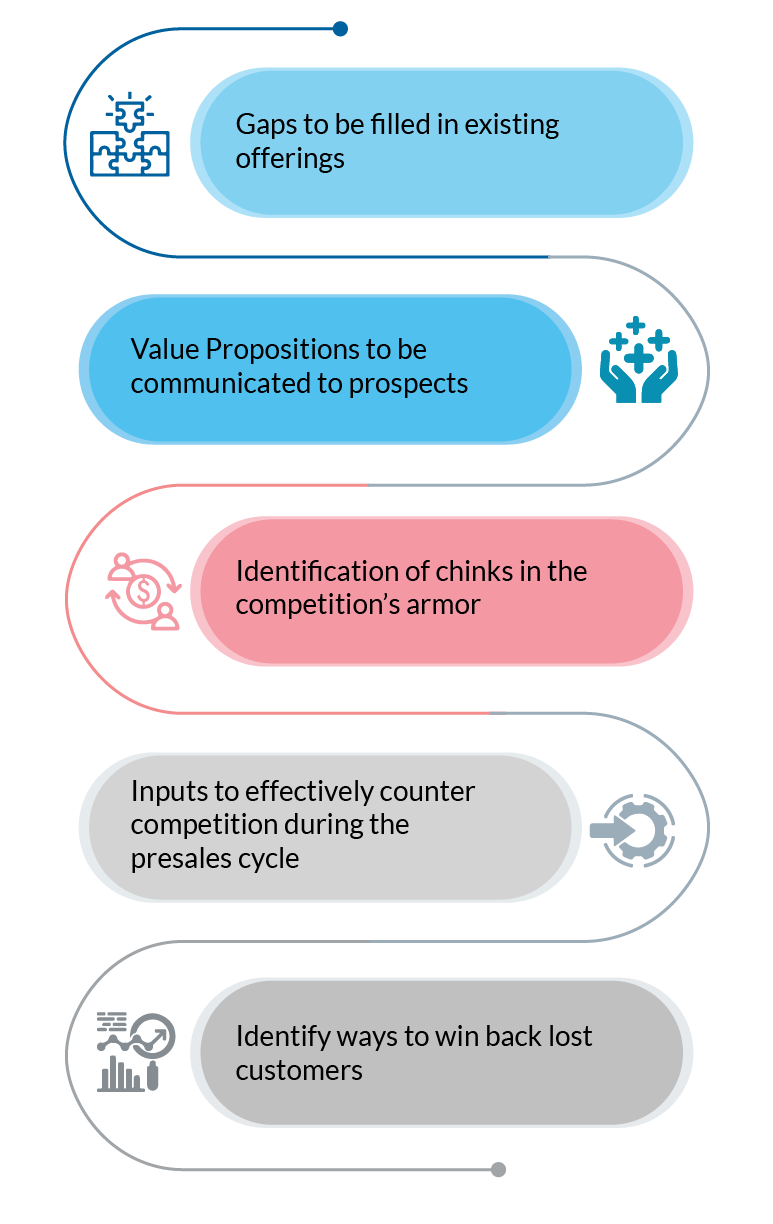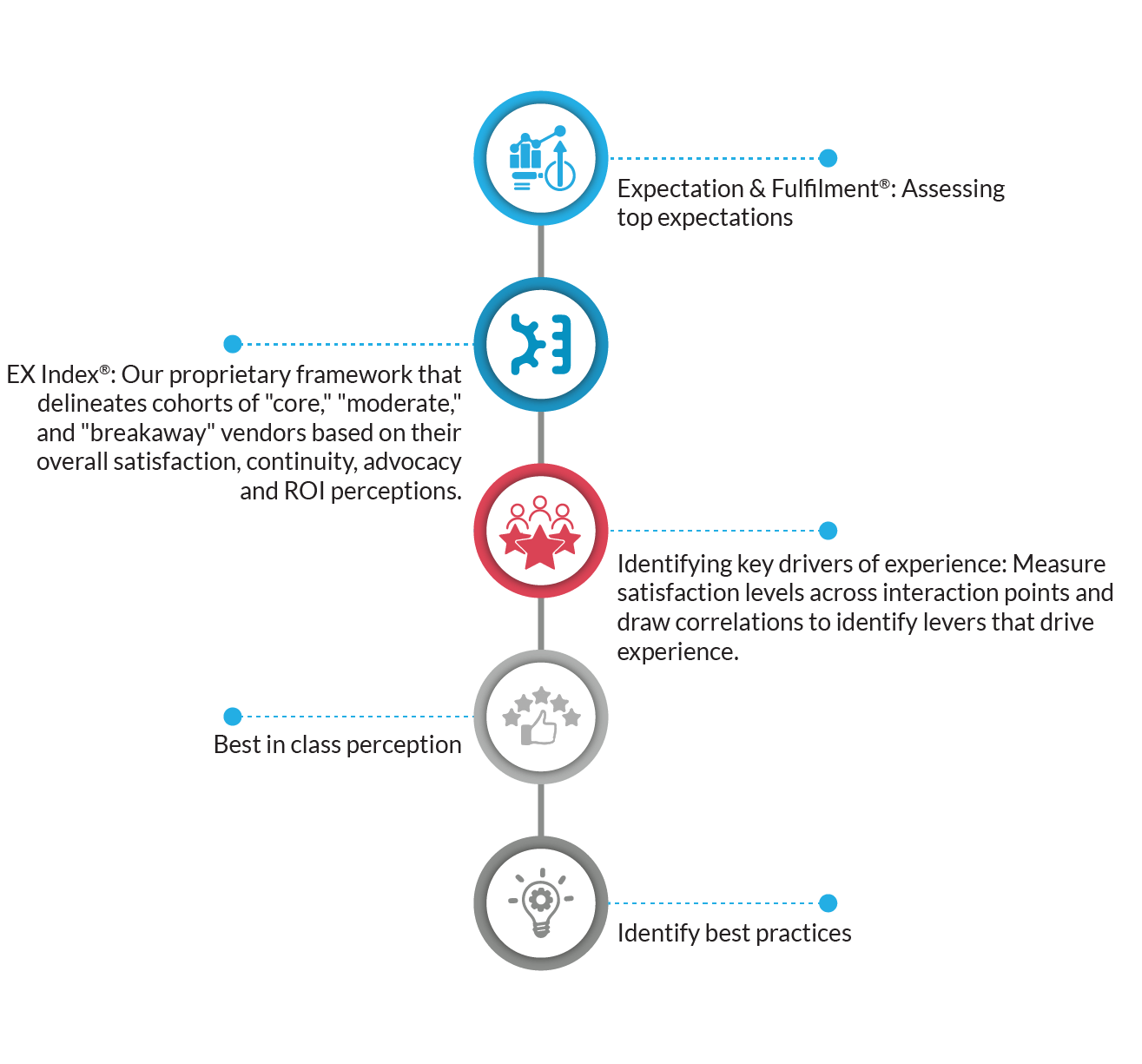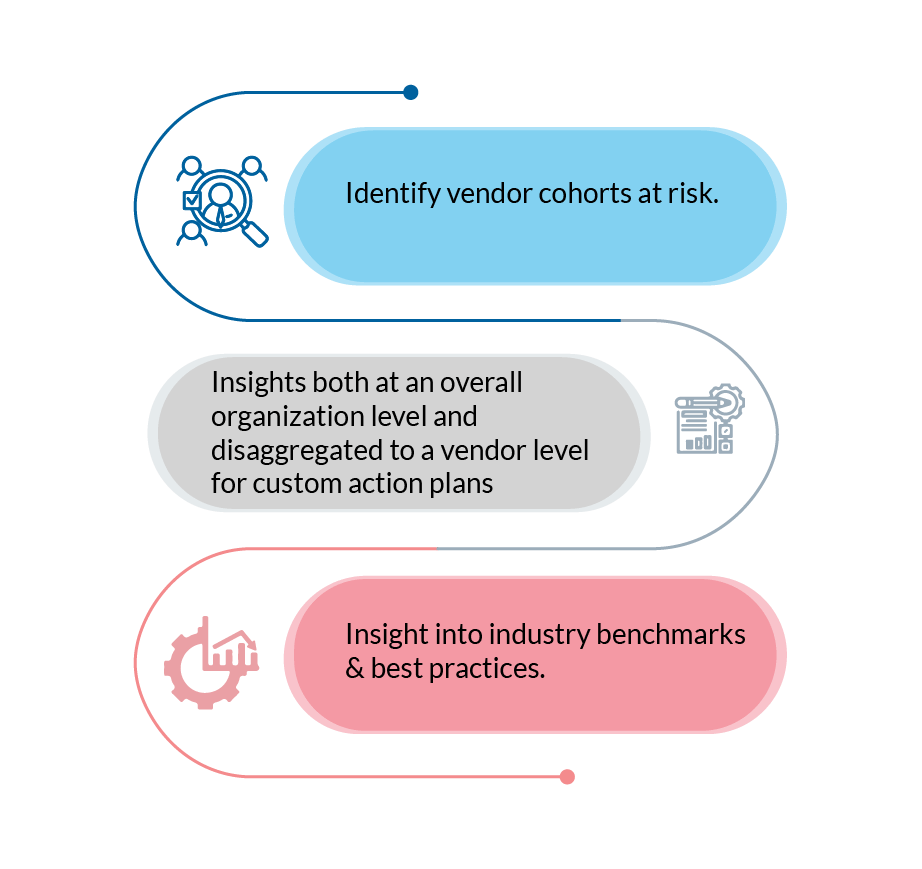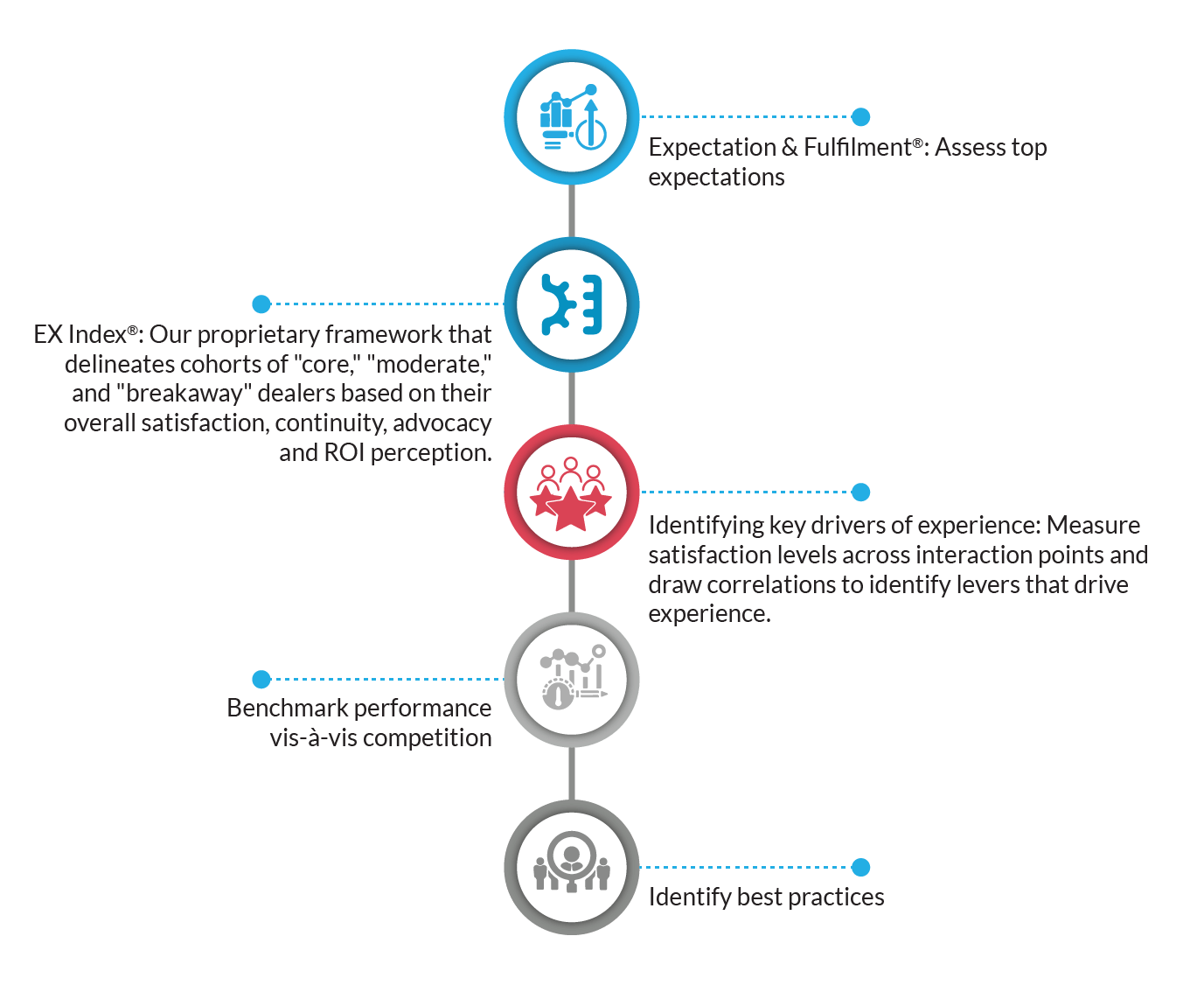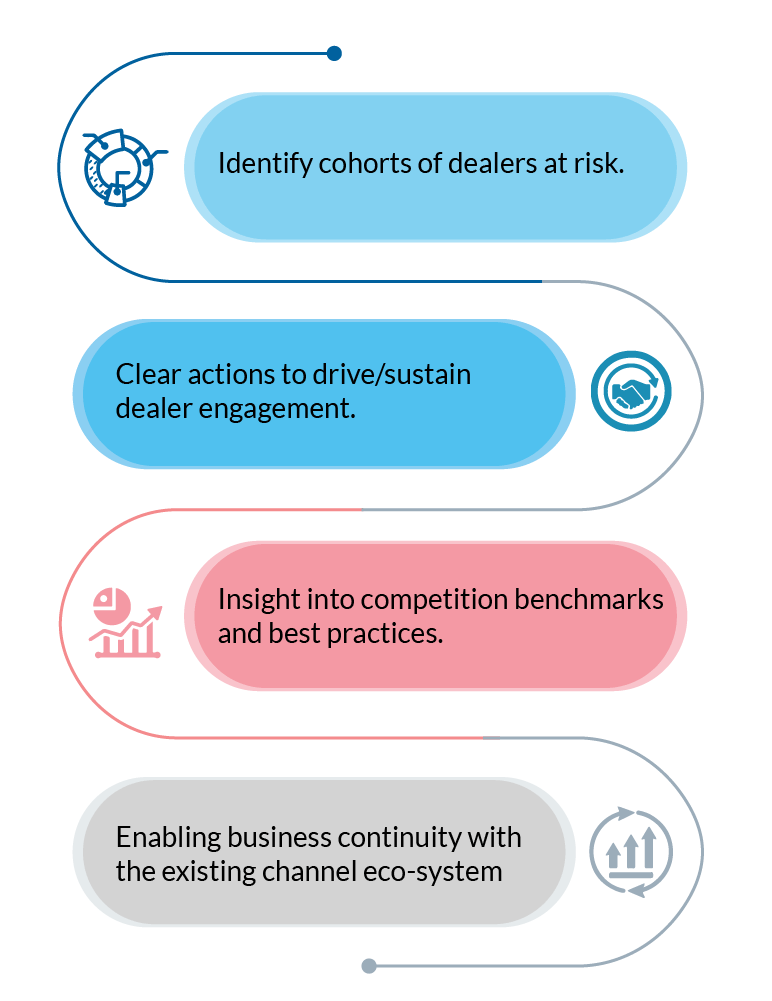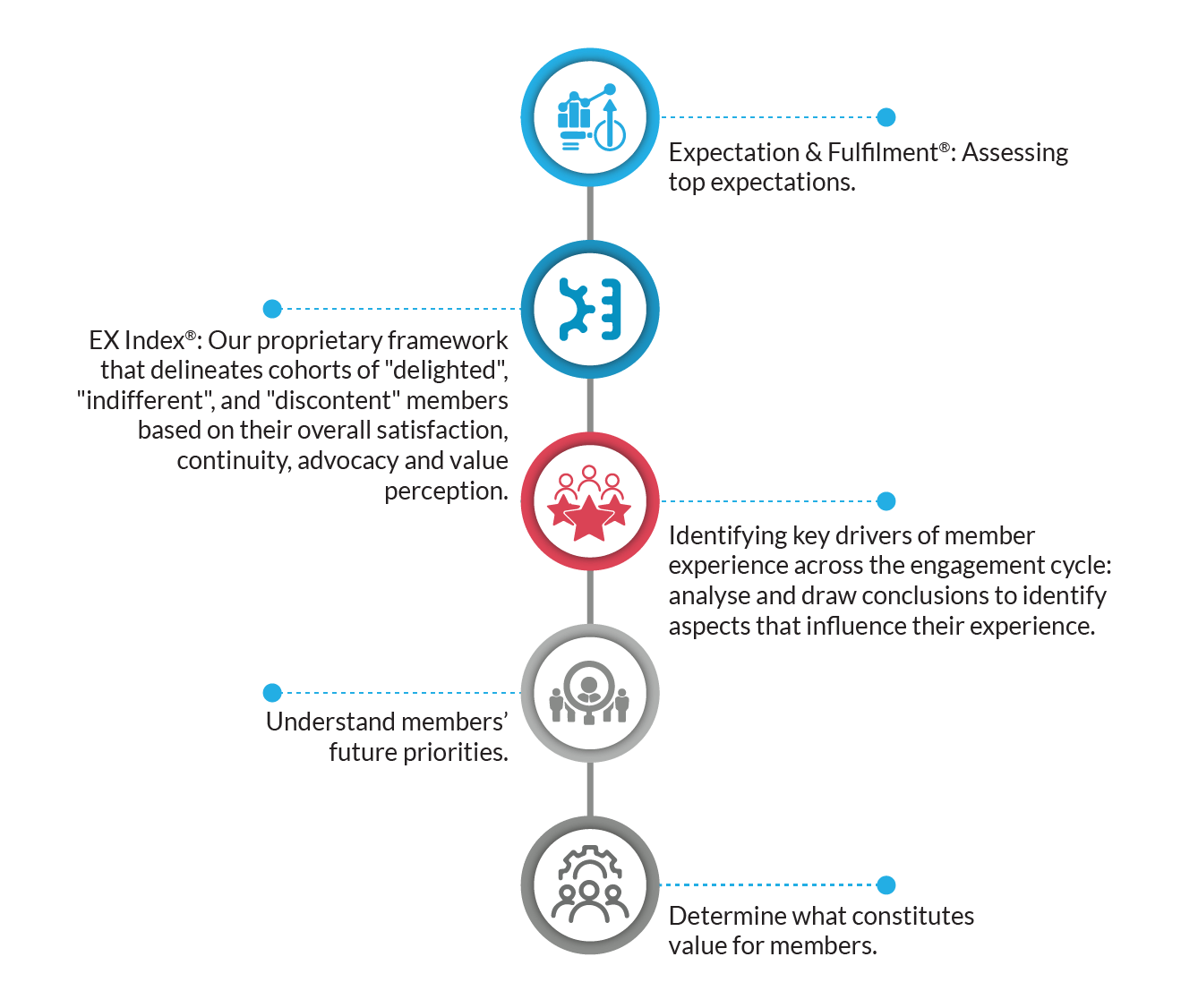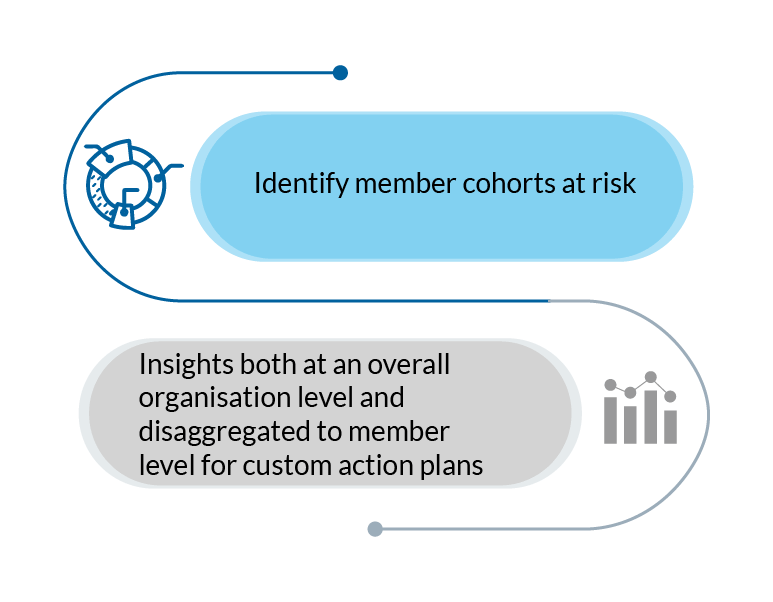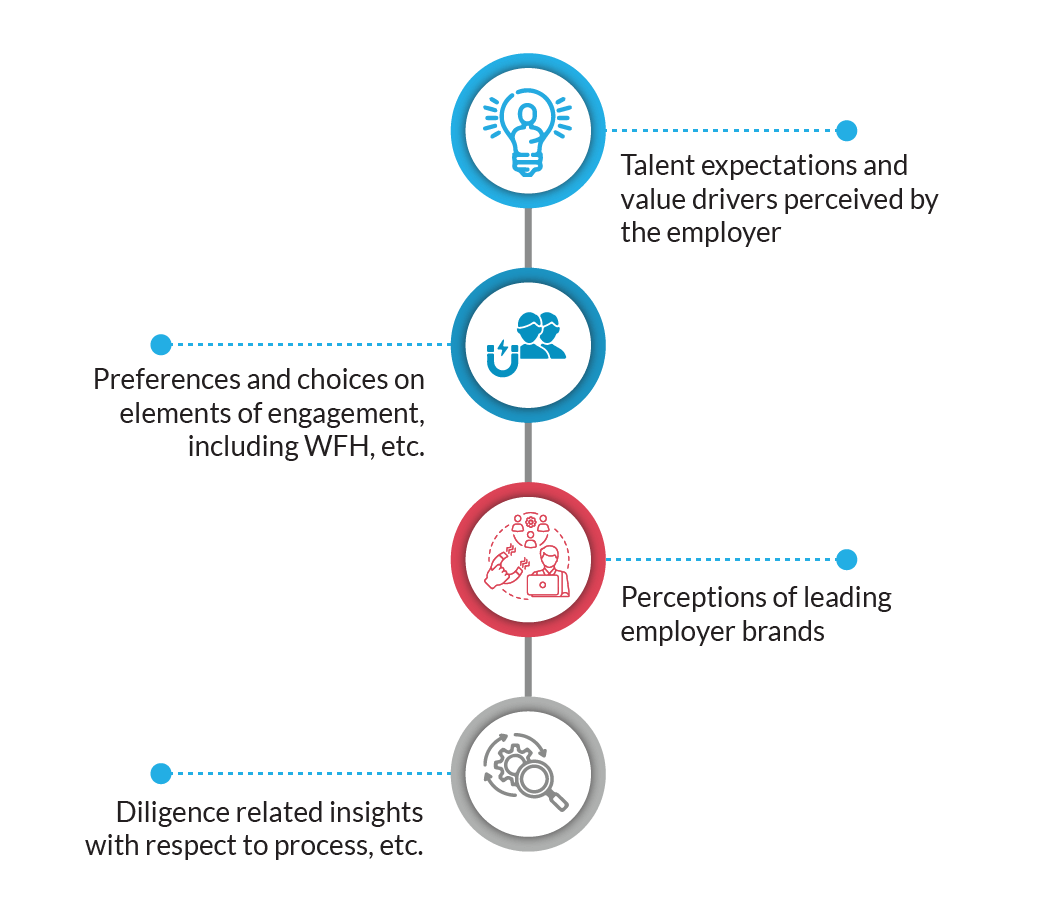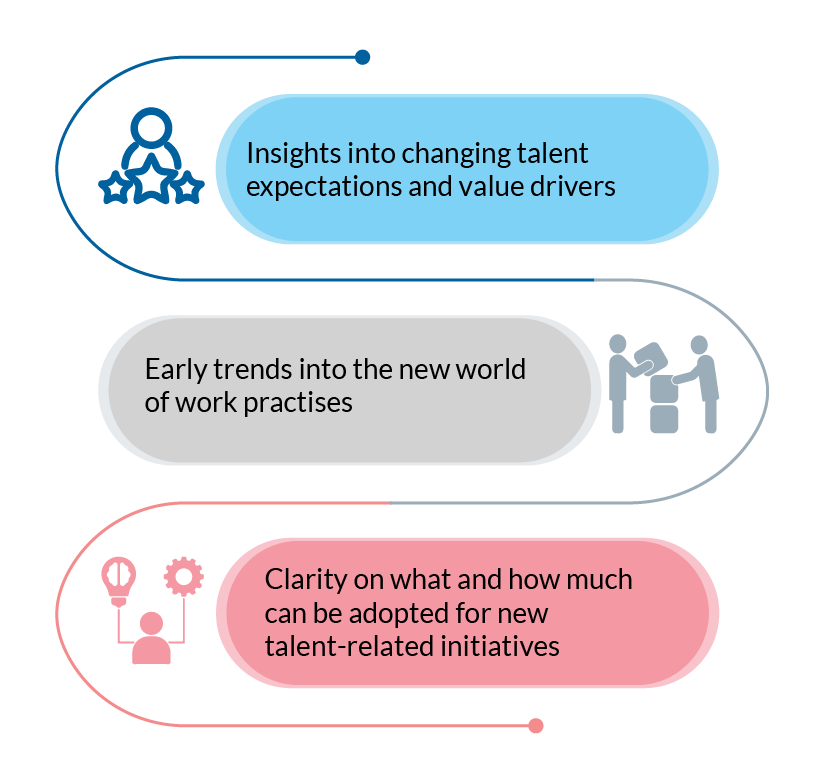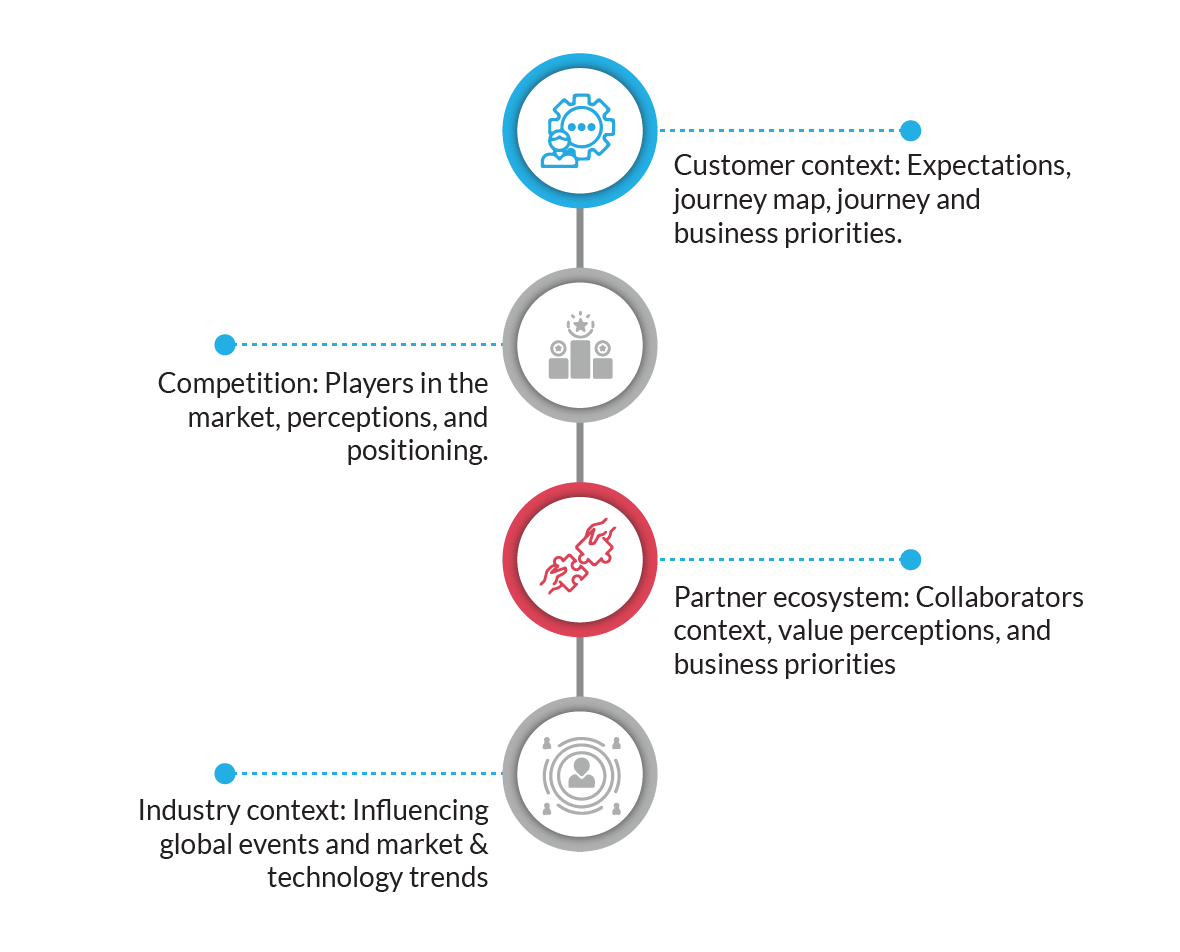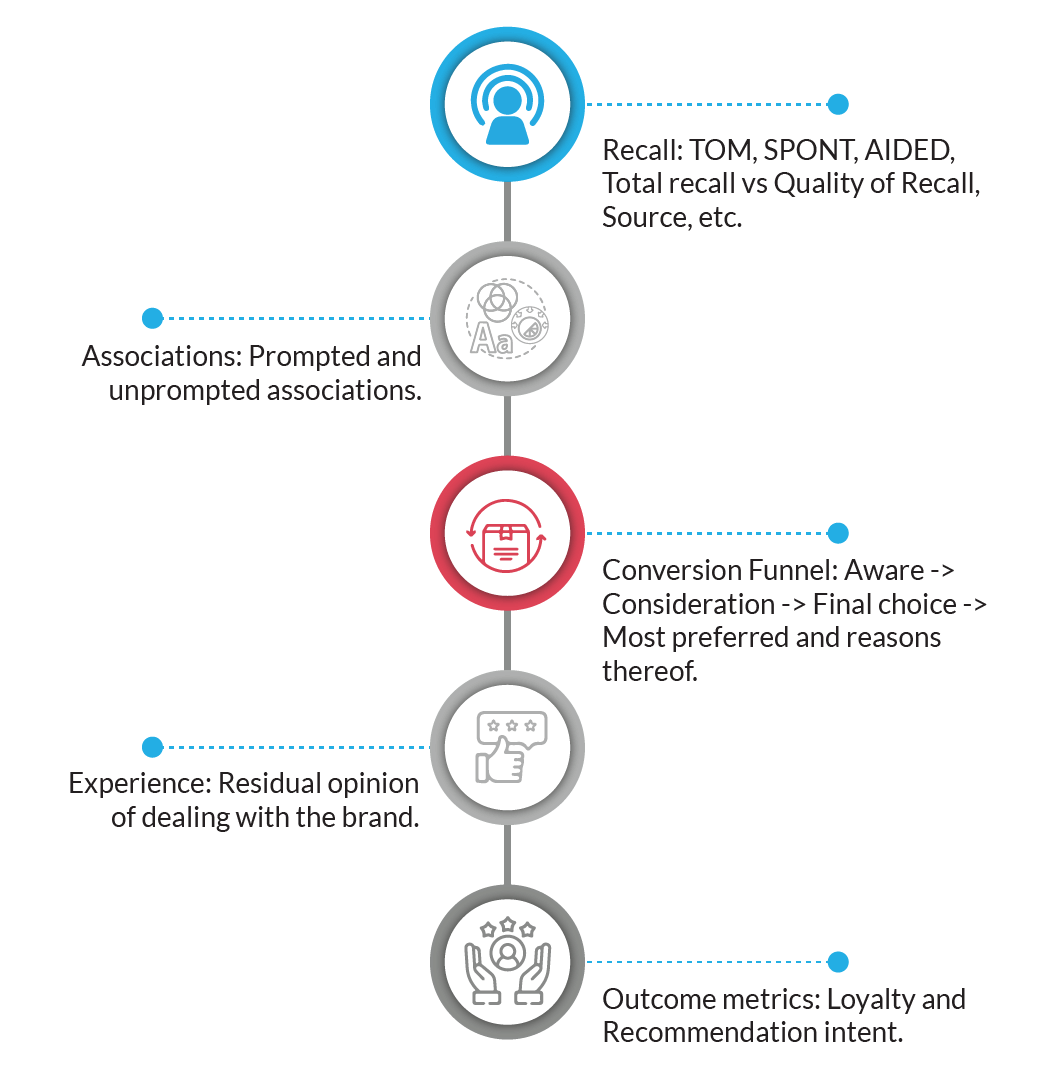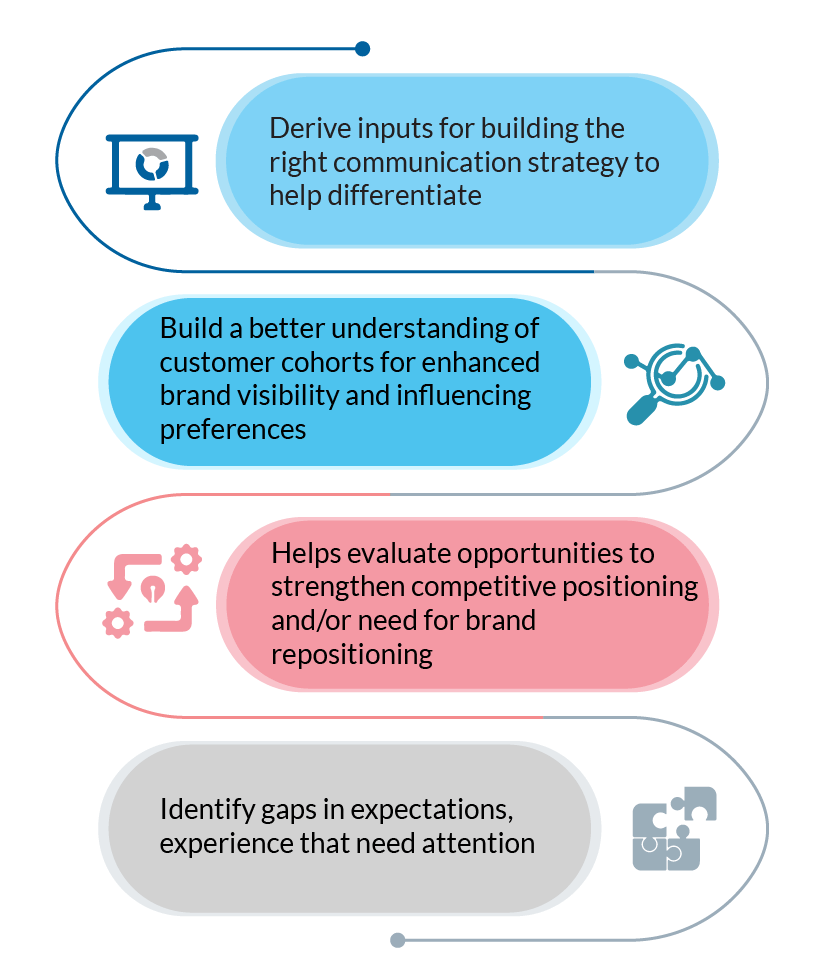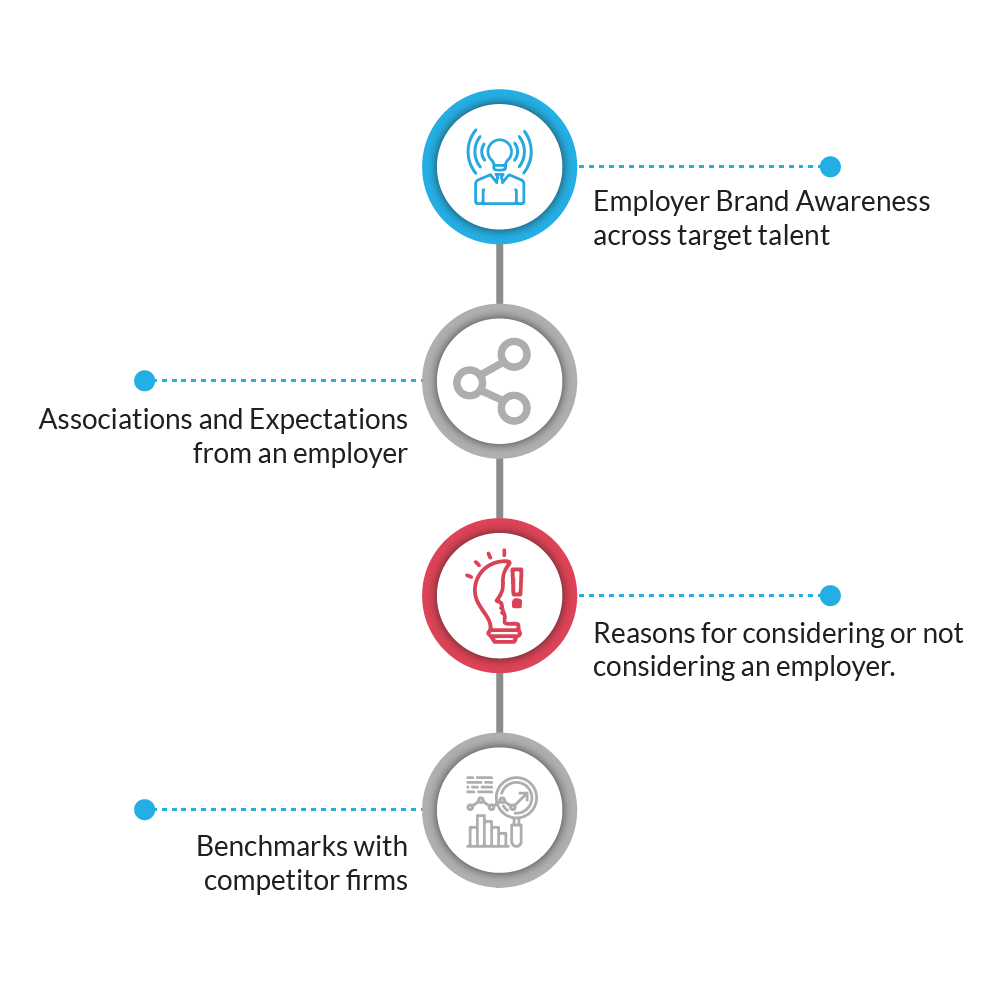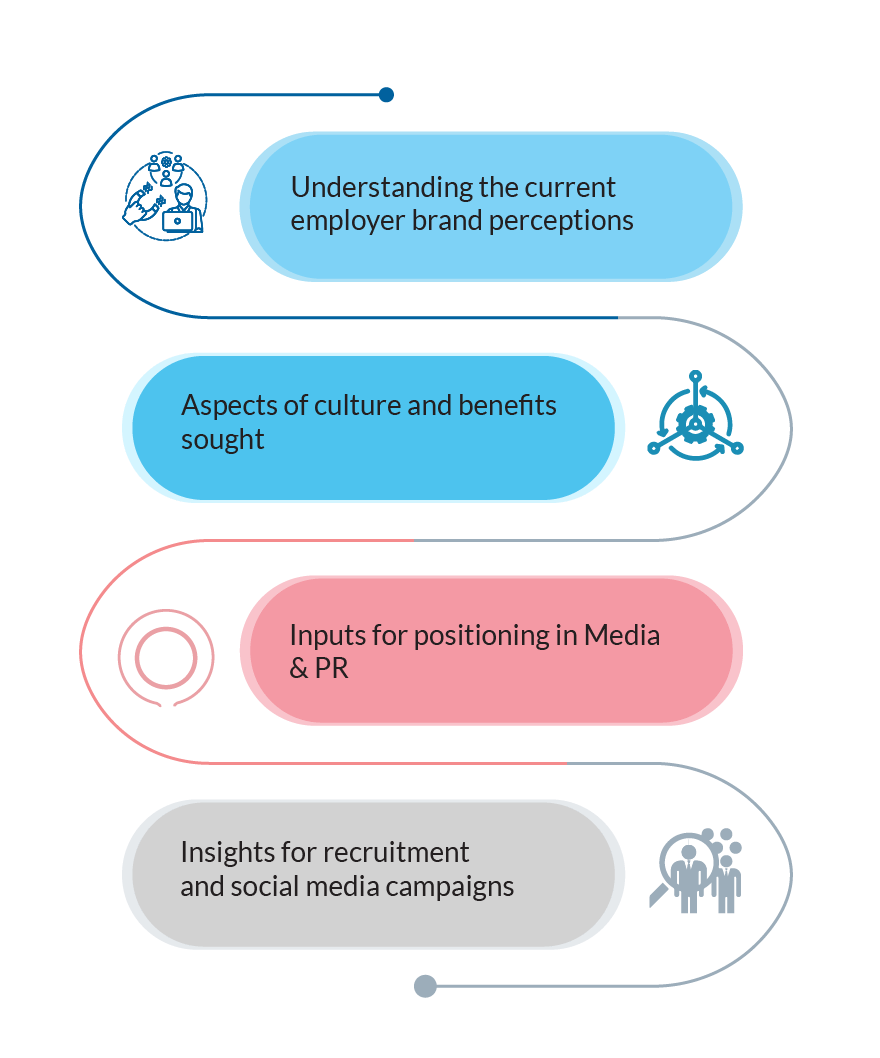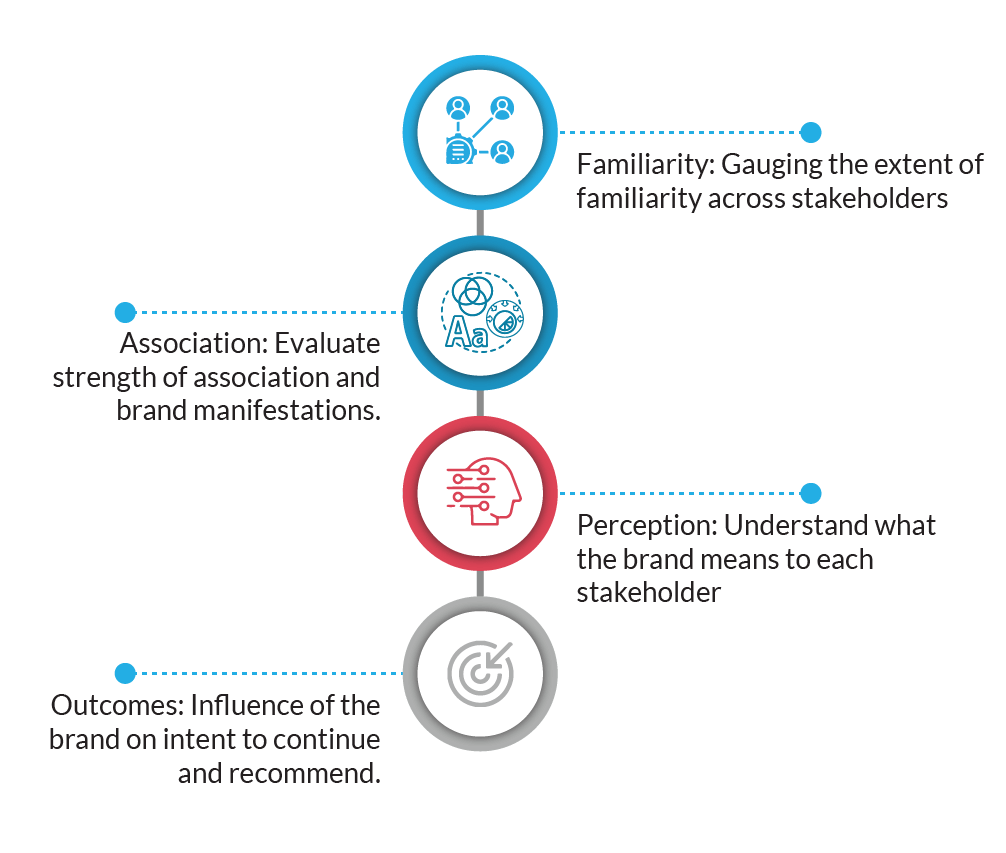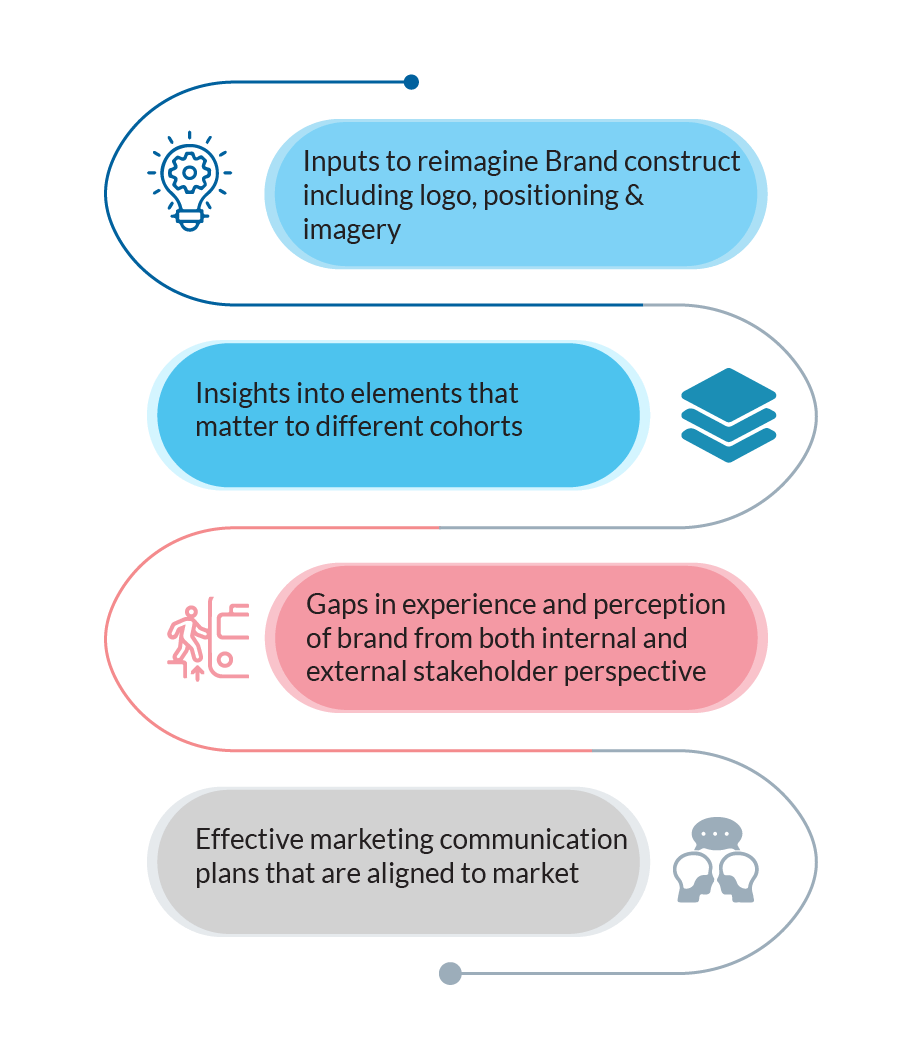
It’s 2023, and no decisions are taken without data and evidence. Businesses are dependent on market research firms to distill the deluge of data into meaningful and actionable insights.
But insights are only as good as the data they come from. The most brilliant insights are useless, perhaps even dangerous if the data is tainted and inauthentic.
Haven’t we all heard that the prettiest berries in the forest are usually poisonous?
Data is at the core of the reputation and reliability of market research. In a world rapidly influenced by technology, particularly generative AI, often the light shines on speed and efficiency. While the findings look sharp, it is important to be mindful of what is hiding behind this illusion.
The path from ‘data’ to ‘decisions’ has to be mindful
Market research doesn’t begin with data collection. Data is the output of a complex process that begins earlier.
We spend enormous time understanding research objectives to design and define questions that bring in data/answers which help address complex business questions and/or illuminate the path forward.
Therefore, it is critical that any process we build stays within strict boundaries to ensure data collection is authentic, relevant, and trackable.
Maintaining this kind of integrity in data requires rigor and discipline through the entire chain.
Data quality must constantly be ratified
From the era of pen and paper, we have moved to use tech-led automation in data collection, integration, analysis, and visualisation.
Automation has brought in much-needed speed and accuracy over manual processes and reduced human error. However, it is far from infallible, and lacks intuition and wisdom, especially with certain kinds of errors.
Errors that creep in across the data chain become very difficult to spot as the data progresses along the chain. This necessitates manual checks and balances at every stage. Robust data governance is fundamental to inspiring trust among stakeholders.
Data integrity is the blueprint of reliable market research
Here is where Data Integrity comes in. It ties in data accuracy, timeliness of the content, and relevant visualisation. It is the pillar on which business insights are built – the elements of which are:
- Veracity: Ensuring the data collected is honest (from the correct source) and factual.
- Privacy: Maintaining the privacy of the client as well as the respondent.
- Scrutiny: Checking the data for logical fallacies and errors.
- Analysis: Putting the pieces of data together so they fit in a larger puzzle.
- Visualization: Tabulation and distillation of relevant data.
Data handling using technology with all the advantages of speed and efficiency will need keen oversight. That’s where we need to think beyond just quality.
Governance is crucial during data gathering, storage, and management. Metrics help ensure that our data stays error-free as it goes through the process chain. Some key metrics to measure data quality include –
- Accuracy: Verifying the data collected for authenticity.
- Completeness: Measuring whether all the required fields are fully populated.
- Consistency: Measuring that all data points from a data set are aligned
- Timeliness: Measuring the age of data collected in the dataset.
- Uniqueness: Weeding out duplicates in the dataset.
- Validity: Measuring whether data matches the proper field where it is needed.
Conclusion
With the right metrics and constant focus on data integrity, insights from market research empower organisations to make fast and confident decisions.
Due to the wide variety of data sources used in market research, data integrity becomes critical in ensuring the respondents’ “voice” is not lost or misrepresented.
This accentuates the criticality and underlines the complexity of data governance. Perhaps the time is ripe for the Market Research industry to set up global governance standards, similar to those laid out for data privacy.
Data is at the heart of the integrity of any market research firm. There is always a danger of different versions of the truth depending on the data driving it. Wouldn’t you always want to stand only for the whole truth?






